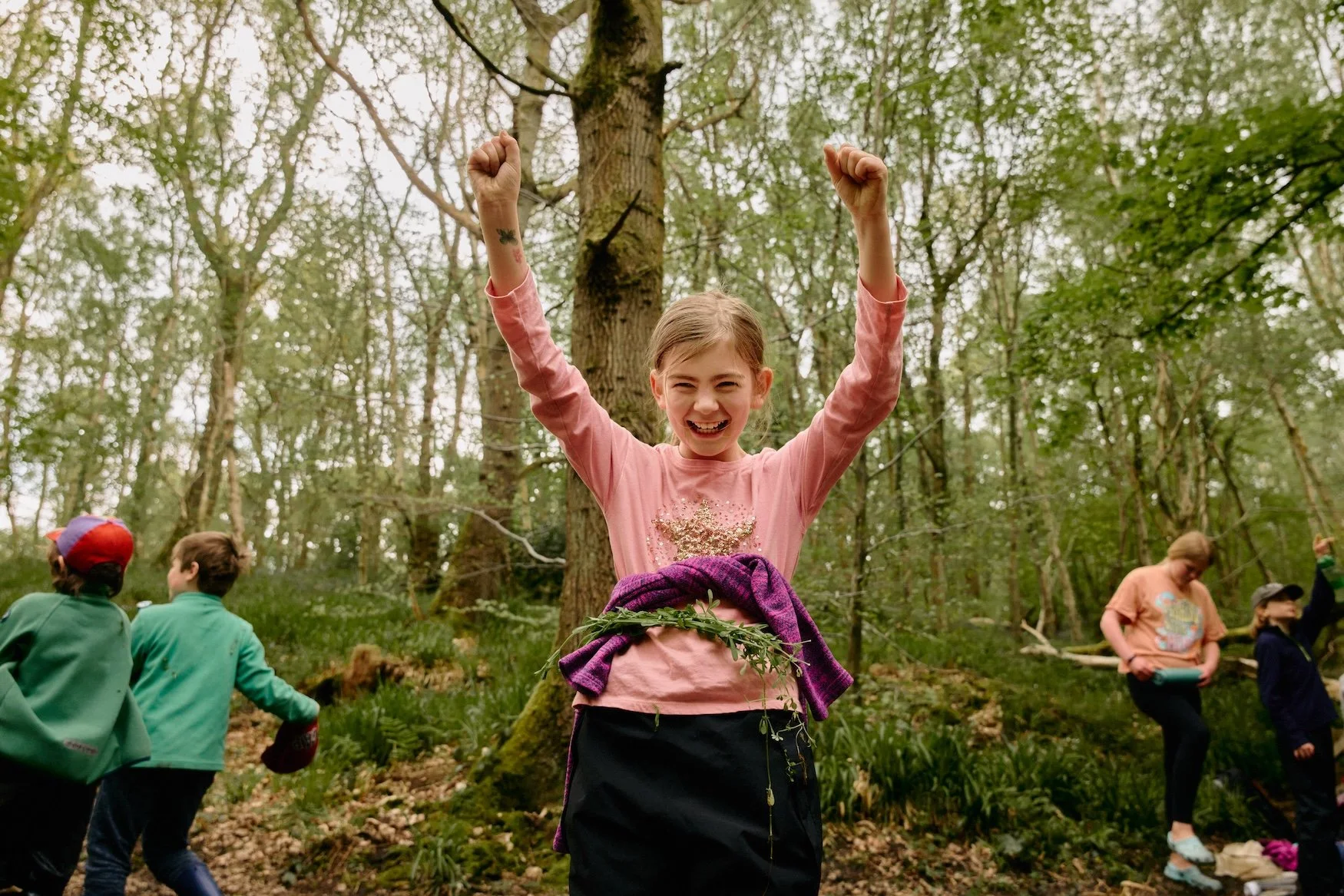How Outdoor Learning Boosts Academic Skills
“Don’t tell me the sky’s the limit when there are footprints on the moon.”
At Footprints on the Moon, this quote is more than inspiration - it’s a reminder that real learning happens outside the classroom. The outdoors is a rich sensory experience that sparks curiosity, creativity and academic growth in ways the classroom can’t.
Whether it’s building forts in the woods, counting seashells on the beach or spotting birds in the trees, nature draws kids in. But beyond the fun of play, outdoor learning supports key academic skills, from literacy and numeracy to focus and problem solving.
Nature is the Best Classroom
Before formal schools existed, learning happened in the wild - in caves, forests and riverbanks. Nature is full of colours, textures, sounds and rhythms that engage the senses and invite exploration.
When kids interact with the natural world, they’re not just absorbing information, they’re forming real connections, asking questions, testing ideas and making sense of what they see. This hands-on, movement-rich learning helps develop strong neural pathways, laying the foundation for academic and life skills.
How Outdoor Learning Supports Academic Skills
1. Better Focus, Naturally
Let’s be real - sitting still for long periods is hard for most little ones. Outdoor learning offers just the right amount of movement and calm. Children can run, climb, rest and reset. And when they’re ready to focus on tasks, they do so with a clearer head.
Time in green spaces reduces stress, boosts mood and sharpens concentration. We see it time and time again - children come back from a nature session calmer, more focused and more ready to learn.
2. Language Comes Alive
Outdoors, there’s always something to talk about. Whether they’re naming bugs, telling stories about their adventures or working together to build something, children are using and growing their language skills.
At Footprints on the Moon, we create spaces for conversation to flow naturally through storytelling, songs, poems and playful moments. These interactions help build vocabulary, expressive language and early literacy skills in a relaxed and fun way.
3. Maths in Action
Maths is everywhere in nature and children love finding it. They count pinecones, compare footprints, measure sticks and estimate how many stones they need to balance a log.
These hands-on activities turn abstract numbers into real life. Whether it’s creating patterns with leaves or timing a race from tree to tree, children are learning about measurement, shapes, time and quantity without even realising it.
4. Problem Solving in the Moment
The outdoors is full of little puzzles. How do we build a shelter that won’t fall? What will float across the puddle? What do we do when our plan doesn’t work?
These challenges spark critical thinking, creativity and resilience. Children learn to take risks, make decisions and try again when things don’t go to plan. These problem-solving skills are the same ones they’ll use in every part of their academic journey.
5. Movement Builds Minds
Outdoor play isn’t just fun - it’s essential for growing bodies and brains. Running, climbing, digging and balancing all help develop the motor skills children need for writing, coordination and focus.
Physical activity also improves sleep, boosts memory and helps children feel more emotionally balanced. It’s all connected, and nature provides the perfect space for it to happen.
Learn the Footprints Way
At Footprints on the Moon, we combine learning with laughter, exploration and connection. Whether your child joins us in the forest, at the beach or in one of our home education sessions, they’ll be supported to learn in a way that feels fun and true to them.
We’d love to have you join our little forest family. If you’re curious about how outdoor learning could help your child, get in touch - we’d love to answer your questions, show you around and help your child’s learning take root in nature.


